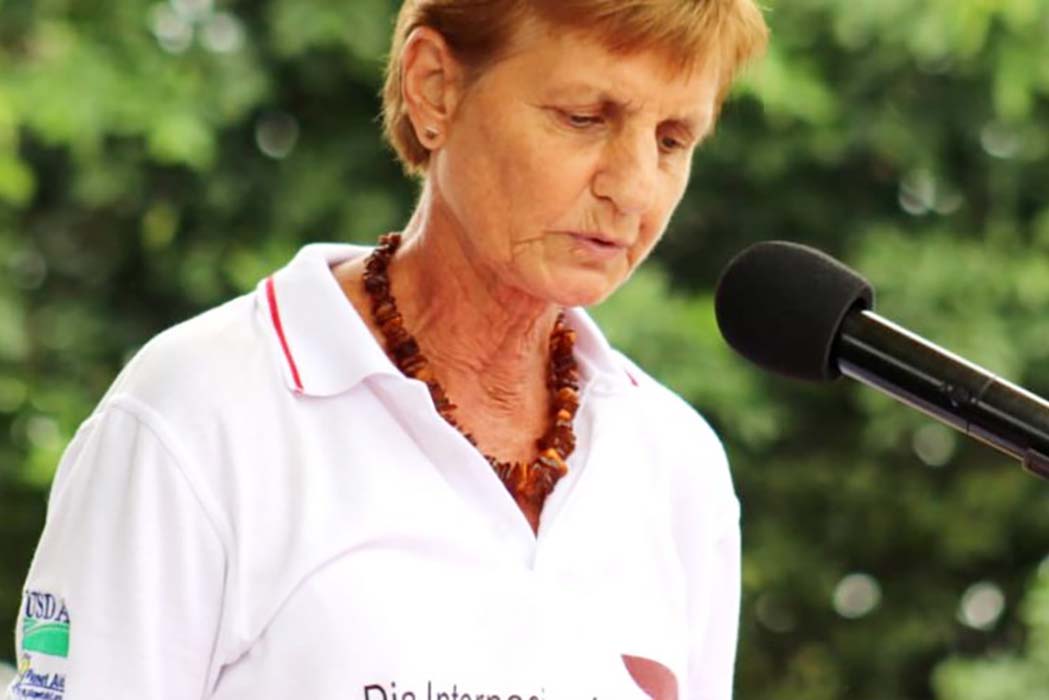Under the slogan “Shared and Cross-border Languages”, the International Mother Language Day was celebrated on February 21, with central ceremonies taking place at the Complete Primary School of Mudada, Matutuine district, Maputo Province.

The Minister of Education and Human Development, Carmelita Rita Namashulua, the Provincial Director of Education of Maputo Jorgete De Jesus; members of the Provincial Government of Maputo, the Executive Director of ADPP, Birgit Holm, Director of USAID’s mission in Mozambique, Jennifer Adams, the UNESCO Director Paul Gomis and other partners that support the education sector attended the event, where ADPP advocated the involvement of communities in the expansion of bilingual education in the country.
“We believe it is pertinent to increasingly encourage the participation of communities and civil society in supporting government efforts to ensure the effective and efficient expansion of bilingual education, a factor that will contribute to the valorization of local Mozambican languages,” said Birgit Holm, ADPP’s Executive Director.
She also expressed the desire to see annual targets defined for the bilingual model, as is the case in the monolingual model, because, she explains, it will allow effective compliance with the aforementioned principles of gradualism and sustainability in the implementation of Bilingual Education.
The School Feeding project “Food for Knowledge”, implemented by ADPP and Planet Aid with the support of the United States Department of Agriculture (USDA), has integrated the Literacy Component with a greater focus on Bilingual teaching in the Changana and Ronga languages, thereby contributing significantly to the Government’s efforts, on one hand, in the valorization of national languages, and, on the other, to the reduction of high levels of illiteracy.
In this way, the project produced 38,702 different books in the Portuguese, Changana and Ronga languages and trained about 700 1st, 2nd and 3rd grade teachers, with the collaboration and assistance of Cambridge Education.
It should be noted that the project assists 271 schools with about 88 000 students from the districts of Manhiça, Magude, Moamba and Matutuíne.

